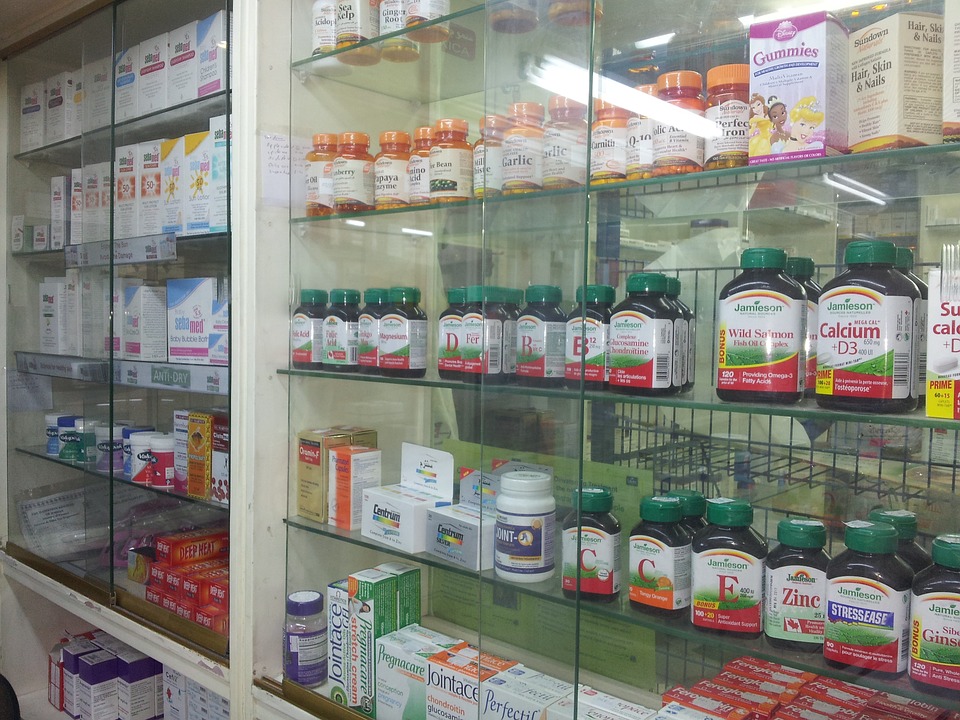Key Considerations For The Near Future
At one level, you might say “it depends.” However, the truth will necessarily involve an honest, frank, unbiased examination of today’s political environment. It’s like this: in the event that governments are merged one to another, there will be a bad effect on pharmaceuticals. The pharmaceutical industry is far from perfect, but without competitive viability, it will implode.
The replacement? Government-run solutions that exist at the whim of unchecked bureaucracy. The logistics of a consolidated single-party bureaucracy will undermine medicine. Without profit, advances decline; but political movers and shakers are calling for an end to profit-generating pharmaceutical companies
So you see the issue. On the one hand, election controversy in America has thrown the stock market into a spate of roller-coaster ups and downs, and many of the stocks being traded are pharmaceuticals. On the other, vaccination research will award certain companies with evergreen contracts.
That is to say: whoever wins the vaccine war will be the “king of the hill”, as it were, in reference to the pharmacy industry over the next decade or so, at minimum. Then of course there’s the varying controversies surrounding vaccination. What’s key for a secure company is providing products and services that are necessary beyond government intrigue.

So Who Stays Profitable Regardless?
To that end, companies that will weather the tide regardless of media and legality are those providing non-controversial, known-necessary pharmaceutical options. Also, whoever plays the role of supplier for such companies will necessarily be in good standing. Think of it in terms of retailers.
On the one hand, you’ve got your Kmart outlets, on the other, Walmart/Sam’s Club, and then the third alternative is Target. But the supplier of POS (Point Of Sale) equipment used by all three retailers is the true winner of their contest for market superiority. Similarly, with pharmaceuticals, the true winner of their contest will be their medical equipment supplier.
Regardless of which companies ultimately take vaccine contracts from the government, receive subsidy, and become a household name, all pharmaceutical groups will need equipment for development, testing, storage, and proper safety. To that end, you might visit American BioTech Supply to see what’s selling, and why.
Through deduction, you can then determine which pharmaceutical companies are presently near the “top” of the pharmaceutical hill. Such companies will necessarily need equipment to develop and store varying medical solutions. Accordingly, those companies spending the most in this area have the highest likelihood of emerging atop the rest.

Couching Claims In Pragmatism
Granted, this is a conclusion from deduction, so it is definitely worth noting that such a conclusion the propensity to be erroneous. However, what is beyond dispute presently is the political intrigue surrounding pharmaceuticals.
Before 2020, varying means of pricing and distribution had already generated controversy in the industry. It just became more stark and visible in 2020. What’s sure is that, regardless of who emerges supreme, modernity will always have some sort of requirement for pharmaceutical solutions.
The big question is whether or not competition between different pharmaceutical groups will remain, or if they’ll all be absorbed together under the “great reset” everybody’s talking about.
2021 And Beyond
In 2021, the issue likely won’t be totally resolved regardless of who ends up officially presiding over the USA. However, regardless of the winner, the following year will give some indication which way the political pendulum will ultimately swing. You can expect by 2024 to know if the world will consolidate medicine under a single leadership body or not.
Should such an outcome transpire in the near future, the implications are dire. Bureaucracy and medicine have a complicated relationship. A total global bureaucracy would miss bad medical solutions until they had a substantially negative impact on society. Meanwhile, it would restrict valid solutions much longer than necessary with what little oversight comes with a single global state.
The concrete takeaway here is that pharmaceutical breakthroughs will continue to define society decades into the future, and companies involved in supplying such operations will likely see profitability over time. Furthermore, such medical solutions will likely continue to feature controversy. The bottom line? Watch the market carefully, and expect surprises.




Leave a Reply